|
I am hesitant to call this a tragedy, because while it does have certain tragic elements, death, hubris, monologues about lost spouses, etc. it lacks the moral instruction about how to live our lives as humans, and is more focused on the importance of political leaders acting cautiously. Dedicated to Cardinal Mazarin, it is clear that Corneille wrote this play for a very particular audience, advising prudence and reflection in political matters. The play interests the public for the same reason that modern audiences are interested in "The West Wing" or "House of Cards". That is to say that it focuses on the political implications of actions, and how psychology and emotions enters into the political chess game. Ptolemée understands his sister's power, her sexuality, and makes efforts to hide her from César. César is incensed my Ptolemée's actions not for their results but for their optics. Each character has base political motives and instincts and tries to manipulate others around them in order to achieve those ends. This leaves the audience without the moral of plays that discuss the importance to control passion or accept destiny, and instead leaves the spectator with a taste for blood and power in their mouth.
0 Comments
This play is based on the biblical story of Saul, the king of Judea before David. Saul is jealous of David and suspects him of plotting to take the throne, and this distrust and desire to hold on to power is his downfall, as his children are killed as a result of his power hungry actions and he commits suicide by falling on his own sword. I could not help but think of Phèdre as a comparison to this play, not necessarily because of the thematic overlap, but because the plight of Phèdre and Saul is so similar. In line 837, Saul says :
Je reconnais mon mal, et ce qui m'en délivre, Bref, Je sais mon devoir, mais je ne puis le suivre, Un pouvoir que le mien ne saurait ébranler M'entraîne avec horreur où j'ai honte d'aller. Is this not dissimilar from Phèdre's horror at her own desires and actions, yet her inability to avoid them? Like Phèdre, Saul is compelled to continue on this path which he knows is dangerous, but he must continue anyways because of predestination. Saul's downfall is his desire to know the outcome of his struggle, leading him to consult with a sorceress to raise the spirit of the prophet Samuel to tell him of the future. From a critical perspective this allies the play more closely with English plays such as Macbeth which were interested in the supernatural as opposed to strict neoclassicists who avoided this topic in an effort to uphold vraisemblance. But one could also argue that this takes place in the biblical story as well, so this is purely an act of adaptation on the part of the author. The question for the audience is whether Saul is punished due to his consorting with sorceresses or if his fate was predestined, in which case his effort to discover the future was completely futile. The story of Iphigénie has clear comparisons with the story of Abraham and Isaac, where a god asks for the sacrifice of a child by a parent, but in this particular climate in which I write, where the world has stopped due to the COVID-19 virus, I can't help but make a comparison with this play. Iphigénie is about a stalled society, the Greeks wait for a wind to set sail for Troy, but the goddess Diane has made it clear that no wind will arrive until Agamemnon sacrifices his daughter Iphigénie. This is clearly a difficult decision for Agamemnon, where does his loyalty lie? To his family or to his country? The Greek soldiers demand the blood of Iphigénie so that they may continue with their lives, and eventually she volunteers herself to be sacrificed. Often in the plays of this period we see the struggle between the needs of the many and the needs of the few, a struggle which is all to present for us in the midst of this crisis, but the moral of Iphigénie gives us hope. Diane whisks the girl away at the moment of her sacrifice, appearing t the Greeks to tell them that her willingness to sacrifice others was all that was necessary, and now the Greeks may sail forth to Troy. For us as well, we must all be willing to sacrifice for others, and that this is the only way society may move forward.
Horace is truly a play for our times, but certainly not in the way that Corneille might have hoped. His epic play about honor and family in today's political climate can be seen as a sarcastic take on the dangers of nationalism. Horace sees nothing as more important that the strength of Rome; not his friends, his wife, his sister, or his own brothers He has not a moment's hesitation neither in killing his in-laws who fight for Alba or his sister who was betrothed to one of the three Curiaces. It destroys their families while leaving the country intact, the age old question of "The needs of the many outweigh the needs of the few." But in this case the needs of the many is not the Roman population, but the roman elite who stand to profit from a defeat over Alba. To me this is a clear case of political propaganda that has convinced this young man to kill his in-laws and friends as well as his sister to serve the state instead of his own interests. It surprises me that more productions of Horace aren't popping up now, given that it's themes of blind loyalty seem particularly pertinent in this moment.
After reading Antigone by Jean Rotrou, this play struck me as far inferior as a family tragedy. Whereas the conflict in Antigone was clear and emotional, and all of the relationships seemed well defined and differentiated, this play was focused around one tyrant who despite his hubris does not experience a tragic fall. Instead, it reminds me of the types of plays written by Christopher Marlowe, such as Tamburlaine or The Jew of Malta, where the action is serious and often horrifying, but those committing those horrible deeds are not punished. In La Mort des enfants d'Hérode all of the good and righteous characters are killed, whereas the evil characters succeed and survive. This leaves the reader or audience member wondering, what is the goal of this piece? A warning against tyranny? Against rebellion? It is unclear as to what point or even question the play is trying to ask.
Jean Rotrou's version of the Greek classic makes some interesting changes to the structure that refocuses the play as a family drama as opposed to the traditional take as a question between loyalties to god's law and man's law. The first major change being the fact that Jocasta is alive, at least for the first two acts, to chastise her also alive sons for fighting over the crown of Thebes. Whereas in Sophocles, all of this, including Antigone's actions to bury Polynice's body, is simply prologue. This allows Sophocles's play to focus on the dialectic argument of loyalty to state/divinity/family/etc. By shifting this action onto the stage, Rotrou refocuses the play on the relationships between the characters: brother/brother, sister/sister, sister/brother, mother/son, father/son, and uncle/niece. This together makes the play feel less high brow and political, and more emotional and tragic as we watch every bond that holds this family together break. A cynical part of me thinks that this may have been to avoid the uncomfortable questions inherently posed in the story, i.e. are absolute monarchs truly absolute if they must also obey god's laws, but after finishing the play I truly felt moved by the predicaments of each of the characters. This could be the first 17th century play that has a depth of character that would interest a modern audience. There is so much more that I could say about this play, truly the fact that it was overshadowed by the big name writers of the Grand Siècle is a shame.
I assumed that a play titled "The Duped Lawyer" would include more justice related puns, but alas this play could have just as easily been called "The Duped Doctor" or "The Duped Professional". Lawyer here is just an indicator of social status and acceptability of romantic interest. It made me long for the farces of the previous century where the wordplay was sharper and the reliance on situational comedy was not as strong. This play reads much like a knockoff version of a Shakespearean comedy in the vein of Much Ado about Nothing, in that several couples are engaging in cross dressing and trickery and ending with happy couples all getting married. Another interesting component of this play is that the female characters seem to be on roughly equal ground as the men, with the exception of Isidore and her brother who seems more upset that she has been cross-dressing than anything else. The plot is shaky and loosely connected, but altogether fairly standard in terms of a romantic comedy.
This tragedy posed an interesting problem : who is the hero or heroine and what is their flaw? As promised by the title, one could assume that it was Cleopatra, and other versions of this story have certainly treated it this way, notably Cleopâtre captive. But Isaac de Benserade introduces some ambiguity to the plot by placing the death of Marc Antony onstage two full acts before the death of Cleopatra. If an audience was to watch the first three acts, Antony would be the clear tragic hero. Although he isn’t the only hero vying for the title. One could just as easily argue for Cesar, who lives at the end of the play after the deaths of both Antony and Cleopatra who have vanquished him with the dignity and freedom of their deaths. Cesar’s shame at allowing his prisoners to escape him on their own terms brings eternal shame unto him, as he asks himself “Will I ever be able to return to Rome?” One of the interesting themes that I see throughout tragedies of this period is that suicide as an escape is framed as an honorable solution, whereas the shame of living is the true punishment. If one thinks of a tragedy as a fall from grace, Antony and Cleopatra have retained their honor, whereas it is Cesar who has been shamed.
For the most part, I read these plays with a critical, objective eye, but occasionally some of the writing and logic inherent in these classical plays is absolutely absurd. In Cleagenor et Doristee, the two lovers are being chased by a rival when they are separated and Doristee is abducted by thieves disguised as a man. She ends up in the house of Theandre as a servant, where everyone proceeds to fall in love with her. The wife and her servant fall in love with the disguise, and Theandre falls in love when he overhears Doristee lamenting her position. The married couple proceeds to be angry with the other for the same sin that both have committed, when Doristee hears that Cleagenor is dead. Like in any other play from this period, if a messanger comes to tell of the death, you can be sure that the character is not actually dead. Sure enough, when Cleagenor turns up at the house of Theandre, he tells him that Doristee was murdered by thieves, right before Doristee herself enters the room. Theandre then says "J'ai voulu par la peine augmenter votre joie" which I find to be the most absurd part of this play. The suspension of disbelief can only take so much, and I simply cannot understand these characters who behave in a way that is completely illogical to me and does not serve the plot in any true way.
Finally we have arrived at Pierre Corneille and his first play, Melite ou Les Fausses lettres, which is a bit of a misnomer because by my count there is only one false letter. Two men are in love with Melite, but she only loves one. In revenge, the spurned lover sends a false letter from Melite to another man, who falls in love with Melite due to the passion of his letter, ruining both his and Melite's relationships, until it is revealed that the letter was fake and everyone is fine. One thing that I did enjoy about this play however is the strength and depth of the two female character's. Melite does not feel the need to behave in the style of a traditional heroine and she has no problem saying no to her suiters. When her lover asks her for a kiss as proof of her love, she says no, he should trust that her words are enough. Likewise, Cloris, whose lover is the subject of the false letter, when discovering that her lover has abandoned her, rather than despair, she becomes angry. When that lover comes crawling back, she does not embrace him with open arms, but instead spurns him for his disloyalty and mocks him. While there are many issues of gender in this play, as in most plays of the 17th century, I am impressed by the depth of Corneille's female characters.
|
Jennifer KellettM.A. French Literature Florida State University Archives
June 2021
Categories |
Photos used under Creative Commons from mharrsch, Renaud Camus
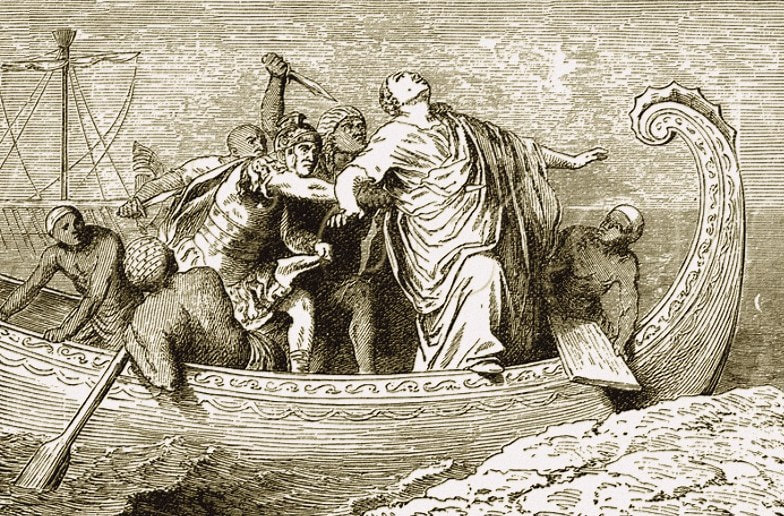
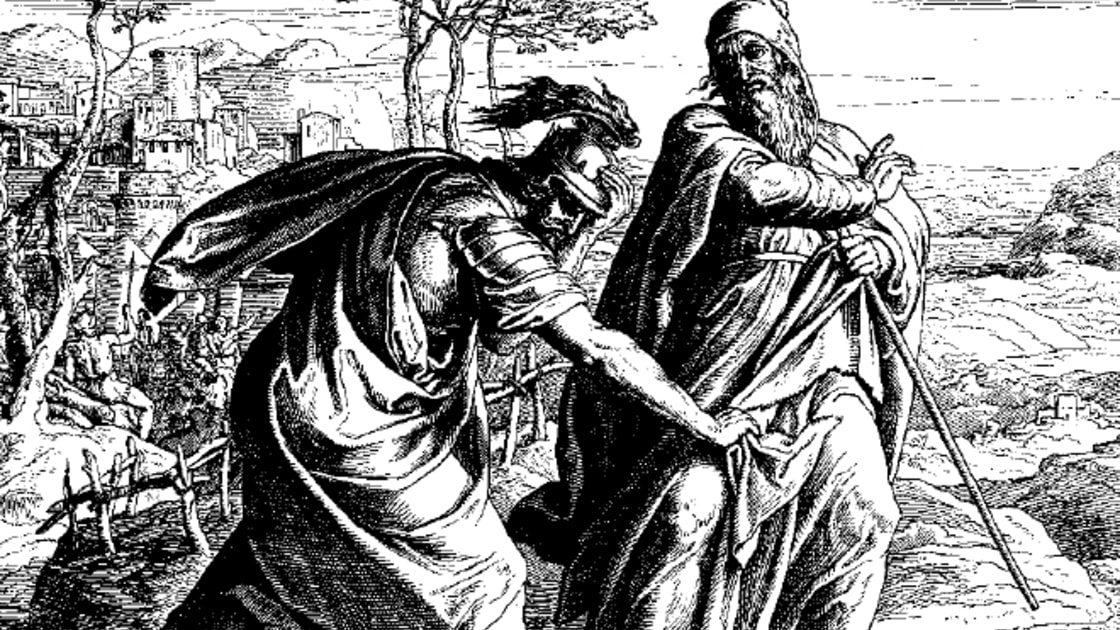
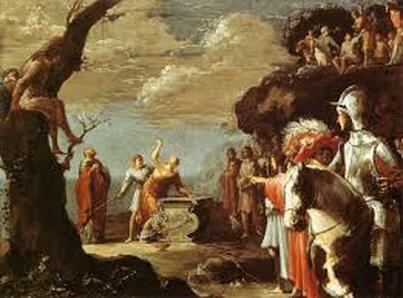
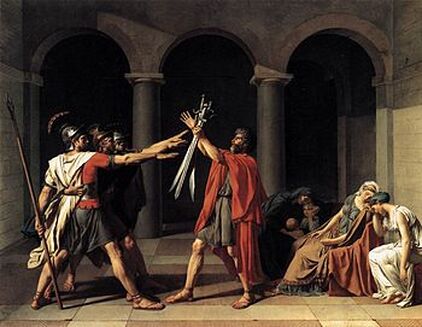
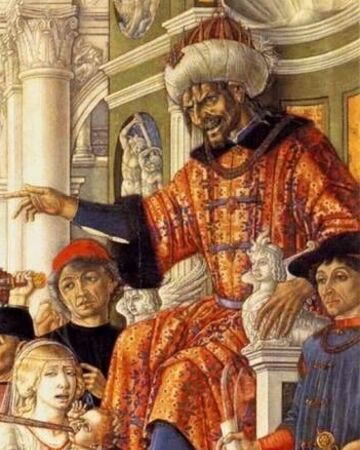
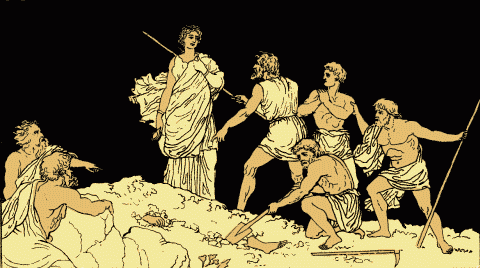
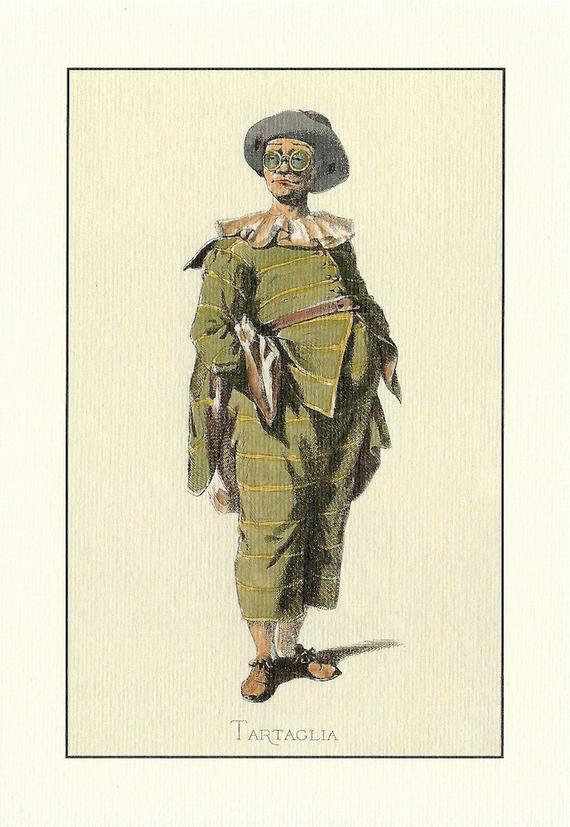
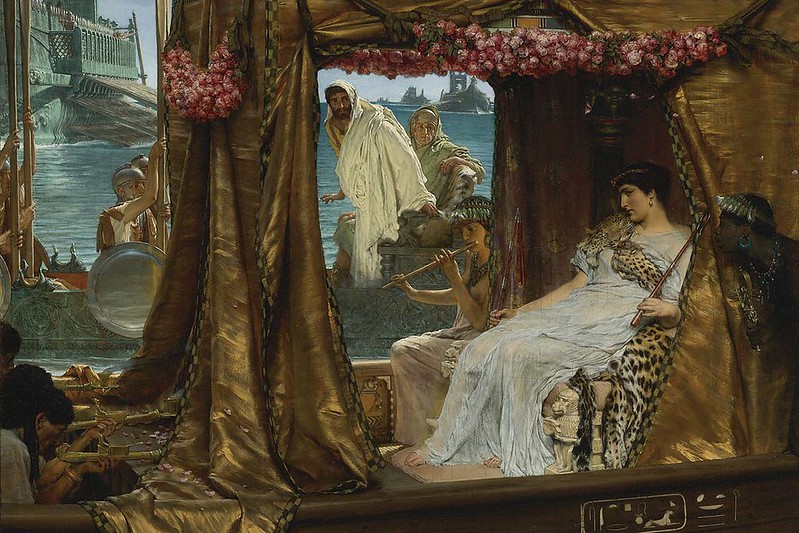
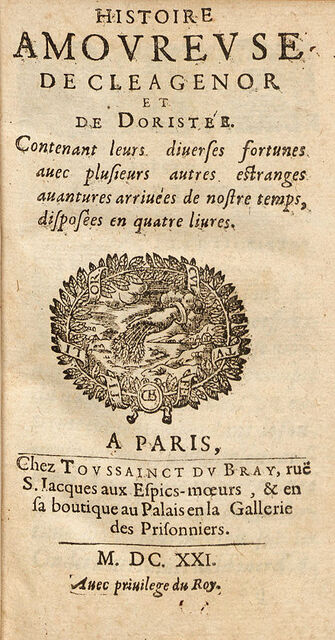

 RSS Feed
RSS Feed
